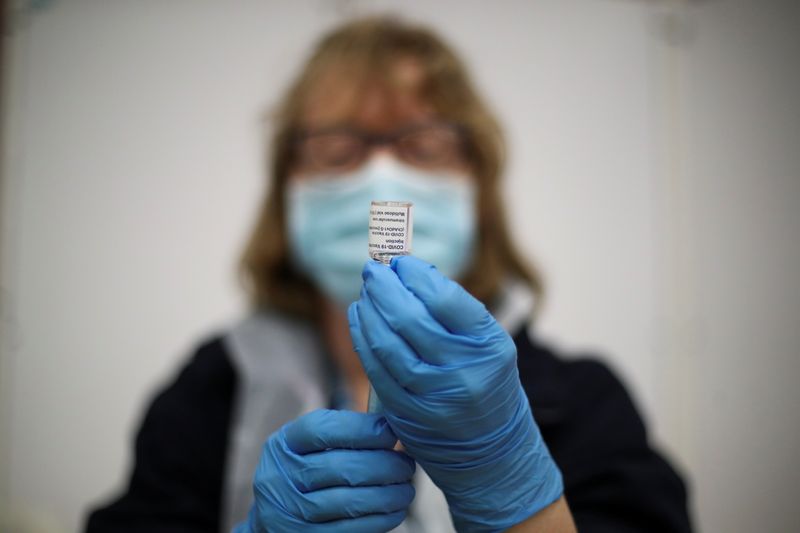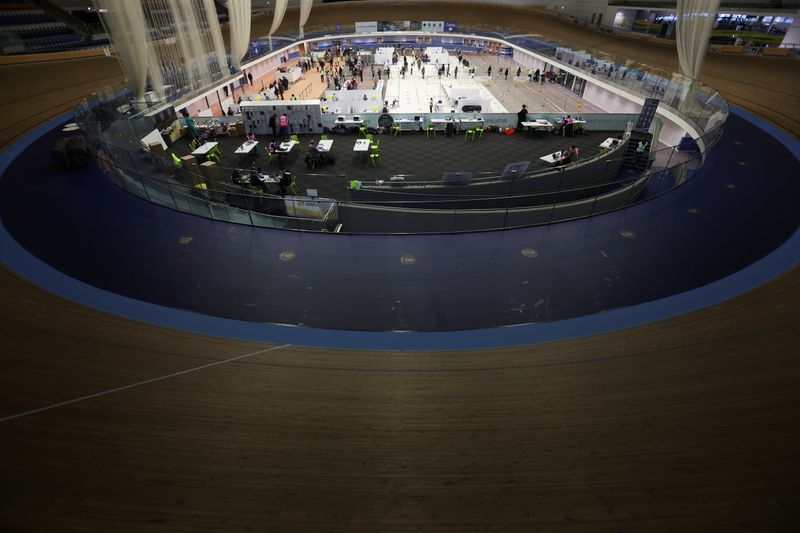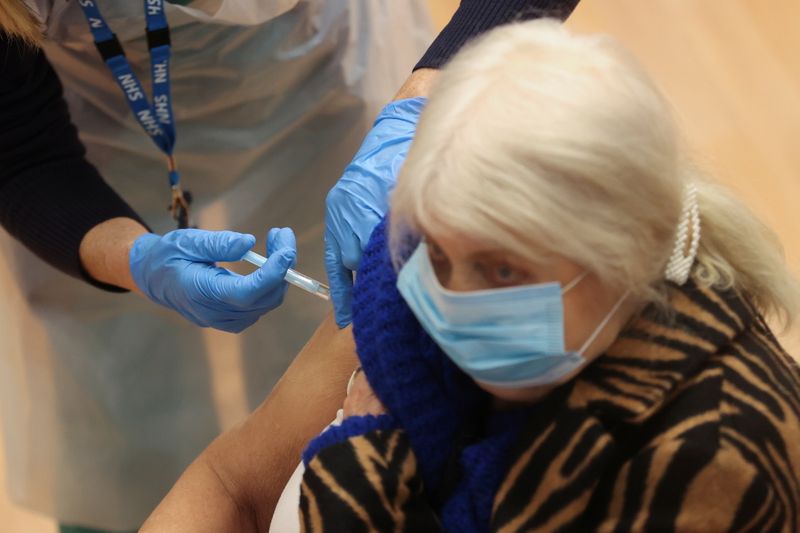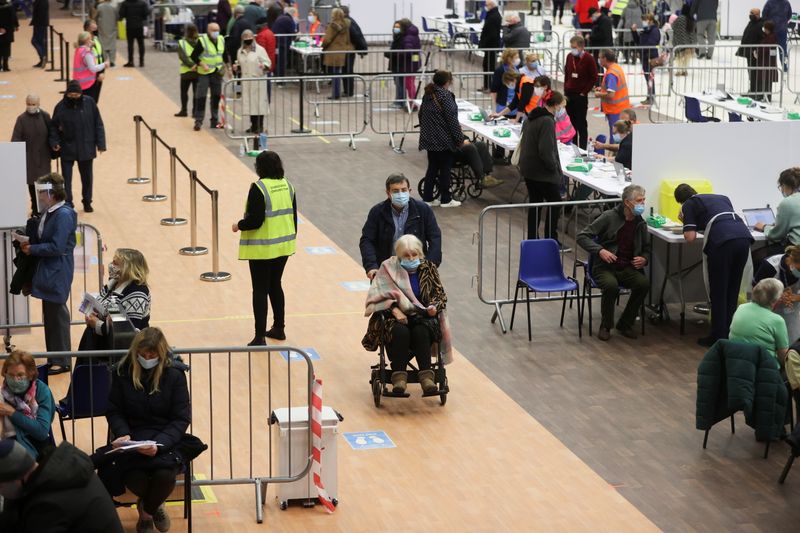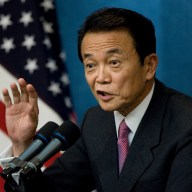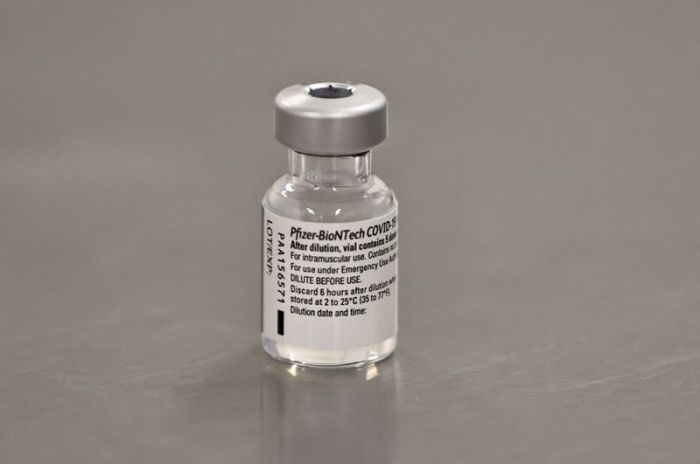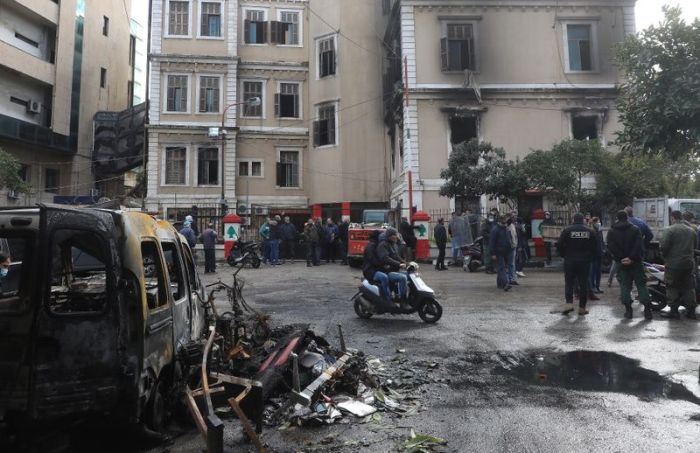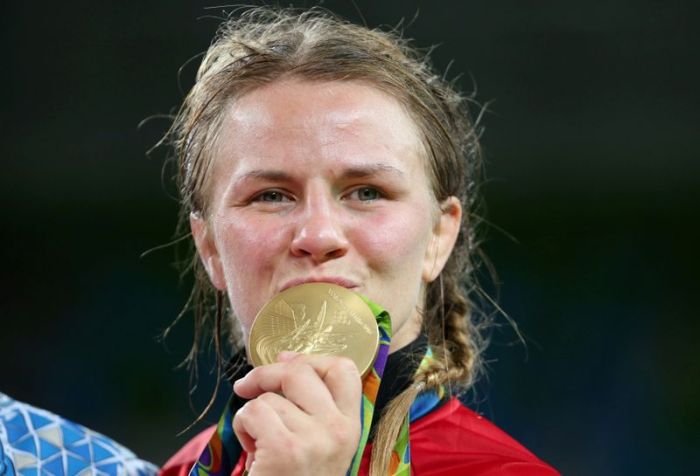LONDON (Reuters) – Britain is confident it will receive sufficient COVID-19 vaccine doses to keep its programme on track despite a dispute between the European Union and drugmaker AstraZeneca, Prime Minister Boris Johnson’s spokesman said on Friday.
EU Commission Head Ursula von der Leyen has demanded that Astrazeneca deliver contracted vaccine supplies from Britain to EU states, and has dimissed the notion that the United Kingdom should have first rights to doses produced there.
The EU has warned drug companies that it would use all legal means or even block exports unless they agreed to deliver shots as promised.
The bloc published its contract with AstraZeneca on Friday, which said the Anglo-Swedish drugmaker should use facilities in Britain as well as continental Europe in its best efforts to manufacture its vaccines for the EU.
Prime Minister Boris Johnson’s spokesman said on Friday the government would not discuss contractual matters. But he said the government expected contracts to be “facilitated” and he was confident of its supply.
“AstraZeneca has clearly stated they will be able to provide 2 million vaccine doses a week and we’ve said we will get that to people as quickly as possible,” he said.
While Britain is running ahead of its European peers on vaccinations, with almost 7.5 million receiving their first dose so far, the British COVID-19 death toll has surpassed 100,000, and is the highest in Europe.
A third national lockdown in England is expected to run until at least March as ministers try to bring a more contagious variant of the virus under control. Scotland, Wales and Northern Ireland, whose governments decide on their own measures, are also living under tight restrictions.
AHEAD ON MANUFACTURING
The swiftest mass vaccination drive in history is stoking tensions across the world as big powers buy up doses in bulk and poorer nations try to navigate a financial and diplomatic minefield to collect whatever supplies are left.
The United Kingdom has secured 367 million doses of the seven most promising vaccines, including 100 million doses of the AstraZeneca vaccine which was developed by Oxford University.
Among those procured by Britain include a vaccine developed by Novavax, which on Thursday said it proved 89% effective in a UK trial, and Johnson & Johnson, which on Friday said its shot was between 72% to 66% effective.
Kate Bingham, the former head of Britain’s vaccine taskforce, said the country had been able to secure supplies by supporting pharmaceutical companies, setting up clinical trials quickly and helping firms procure equipment to increase manufacturing.
She declined to comment on the detail of the contract with AstraZeneca but said the United Kingdom had benefited from early work to be ready to make vaccines.
“That is ultimately the difference as to why we’re so far ahead on manufacturing,” Bingham said, adding that she did not expect the EU to block vaccine exports to the United Kingdom.
NO LONGER TENABLE
Scotland will publish COVID-19 detailed vaccine supply data next week even though the British government has refused to do so.
British prisons minister Lucy Frazer said the government could not publish supply details for national security reasons, which she declined to specify.
Scotland’s health minister Jeane Freeman said that citing national security was “not credible” because the British government had repeatedly briefed statistics to reporters showing how much vaccine Scotland had been allocated.
“We’ve held off publication in the past at their request. But that’s no longer tenable,” she said at a news conference.
“The public have a right to clarity and we will give them that. We’re not talking about future supplies, we’re talking about known supplies.”
(Reporting by Sarah Young, Alistair Smout and William James; editing by Angus MacSwan)

